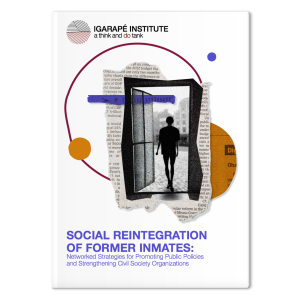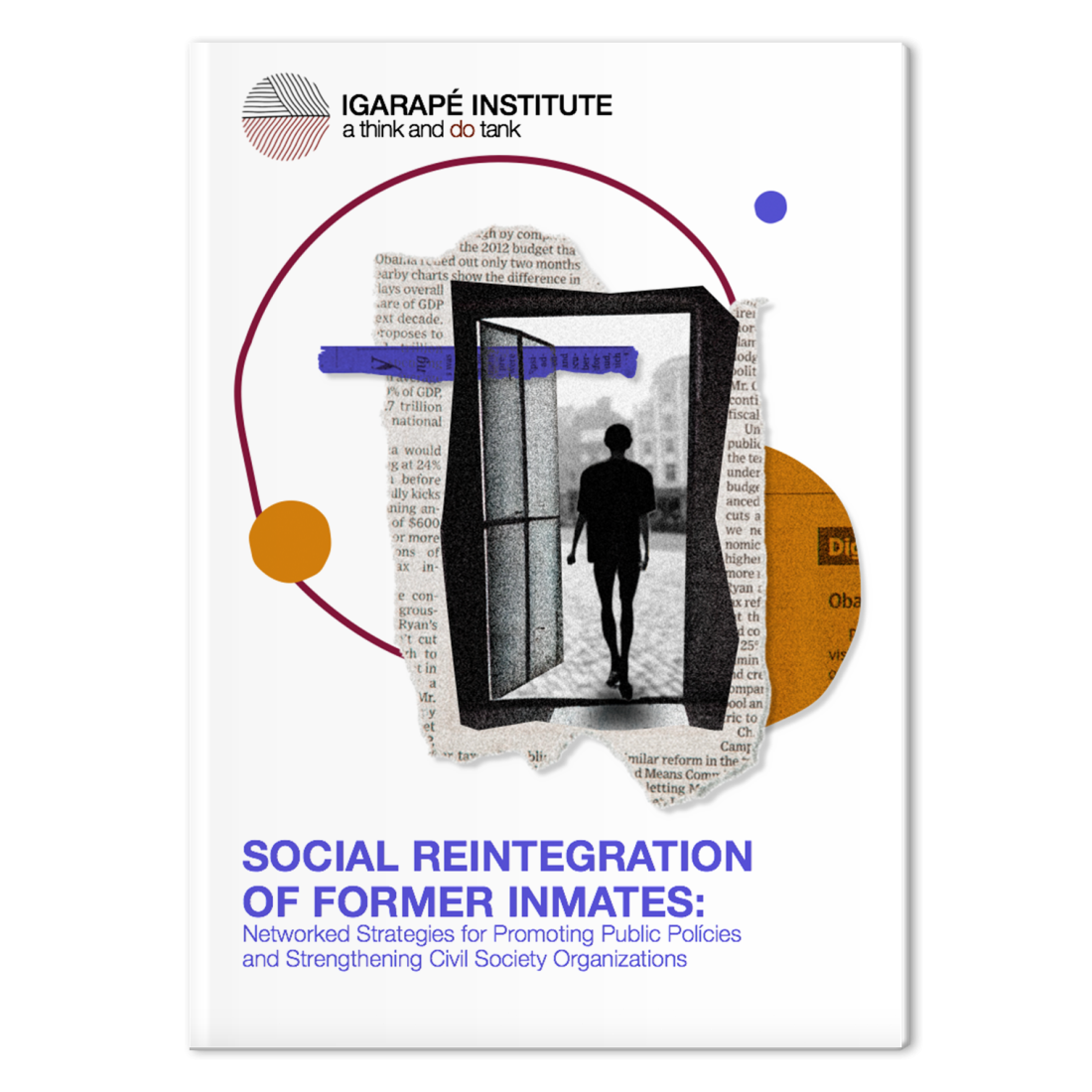Social Reintegration of Former Inmates
 The social reintegration process for former inmates presents challenges that extend beyond the confines of the justice system alone. In the Brazilian context, marked by regional disparities and social, racial, and educational inequalities, the lack of material, financial, and psychosocial support places ex-inmates in a cycle of social rejection and criminality. The deficiency of adequate investments, exacerbated by an emphasis on punishment over post-release reintegration, intensifies these challenges. Thus, it underscores the importance of networked collaboration among public, private, and civil society sectors to optimize resource use, promote integrated solutions, and overcome obstacles in assisting former inmtes, providing multidimensional support for social reintegration.
The social reintegration process for former inmates presents challenges that extend beyond the confines of the justice system alone. In the Brazilian context, marked by regional disparities and social, racial, and educational inequalities, the lack of material, financial, and psychosocial support places ex-inmates in a cycle of social rejection and criminality. The deficiency of adequate investments, exacerbated by an emphasis on punishment over post-release reintegration, intensifies these challenges. Thus, it underscores the importance of networked collaboration among public, private, and civil society sectors to optimize resource use, promote integrated solutions, and overcome obstacles in assisting former inmtes, providing multidimensional support for social reintegration.
This report outlines the strategies of five network-based initiatives aimed at former inmates, implemented both in Brazil and globally. The document details how these initiatives contribute to strengthening the social reintegration of former inmates and illustrates how they can serve as models to inspire other coordinated actions in the same field.
Social reintegration of former inmates and its related concepts used here synonymously – such as (re)insertion, (re)inclusion, (res)socialization, (re)education, (re)adaptation, and (re)habilitation – should be seen as a priority not only by the criminal justice system but by all stakeholders who may have a direct or indirect influence on this process. It is a global challenge that requires reforms in the justice system, strengthening the rule of law, and implementing specific public policies focused on the various challenges these individuals face in their resocialization process, including aspects such as social interaction, employment opportunities, and access to housing, health, and education.
This study acknowledges that the pursuit of social reintegration should be approached from the perspective of ensuring rights and not limited to the view of security and reducing criminal recidivism. This principle was adopted based on the recognition that the criminal justice system is an environment that creates and perpetuates inequalities for the individuals within it. Therefore, ensuring the rights that were denied before, during, and after incarceration is essential for effective social reintegration.
Interventions and programs with multiple approaches for this group are rarely accessible, limited to sporadic opportunities to access essential services. In Brazil, which ranks as the third country worldwide in terms of the absolute number of incarcerated individuals, there is a significant variation in incarceration rates across states, which highlights the regional disparities. The composition of Brazil’s prison population also reflects social, racial, and educational inequalities, emphasizing the selective nature of a justice system which imprisons a disproportionate number of black, young, and uneducated people.
Read the publication
Find out more about the Prison system and former Program on the Igarapé Institute’s Public Security page and on the Portal to Freedom Project website.



